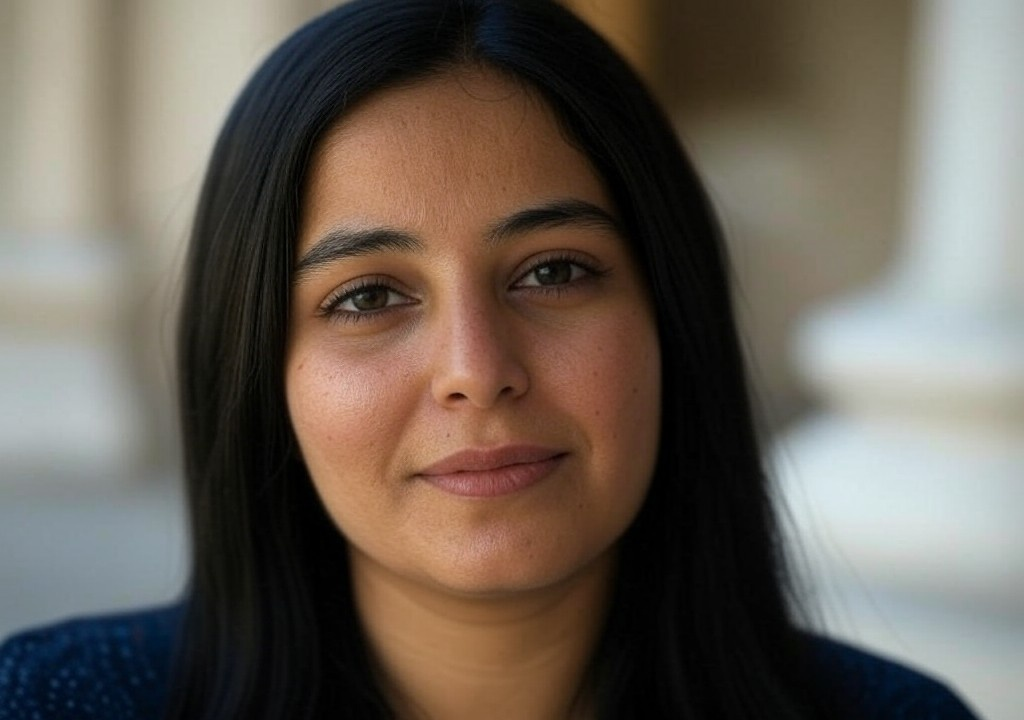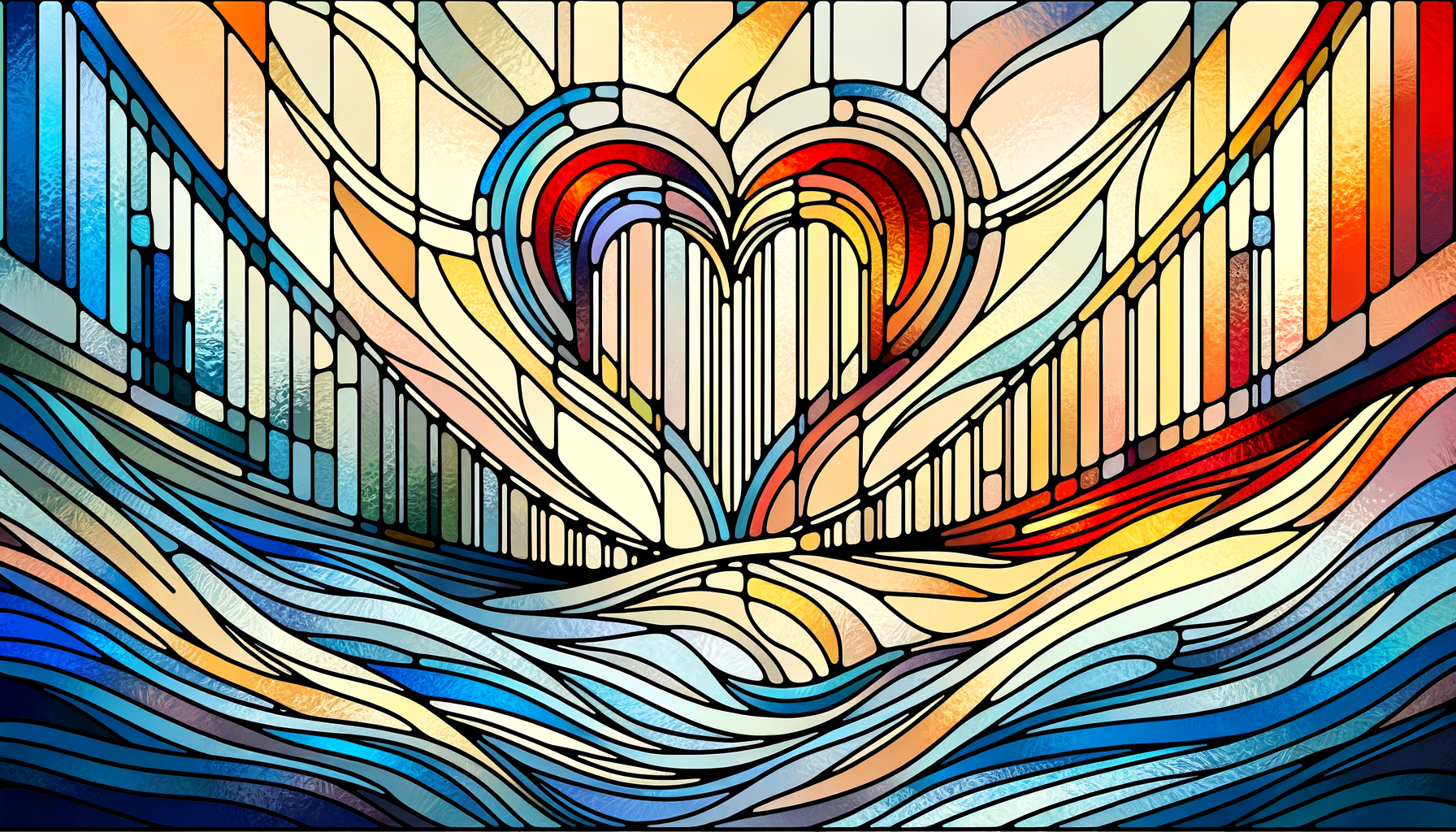Starting with a Foot in Both Worlds
When you grow up navigating two vastly different cultures, as I did between Egypt and France, you become a professional bridge builder—not just between two cities or two languages but between two ways of looking at life and love. One side of me was steeped in Egyptian traditions: the idea that community, family, and history are larger-than-life forces shaping your path. The other side was thrust into Parisian streets, where independence and individuality ruled supreme. And let’s not even talk about the time I brought up the possibility of dating to my Egyptian grandmother. Let’s just say it didn’t go down like a rom-com.
But while these two worlds sometimes clashed growing up, they also taught me a powerful lesson: we don’t have to pick one version of ourselves. Who we love, how we love, and why we love can be as complex and multifaceted as we are. My writing—and my approach to relationships—is grounded in this belief: that authenticity is less about sticking to a script and more about owning the messy, beautiful collision of all the parts that make you you.
Here’s what I stand for when it comes to navigating the wild terrain of dating and relationships:
1. Forget Perfection; Aim for Realness
We live in a world where everyone’s presenting their most polished selves. Instagram filters, curated first-date outfits, meticulously calculated text responses—it can all start to feel like auditioning for a role in "The Perfect Significant Other: Now Streaming Everywhere." But the truth is, nobody likes a character created for consumption. Relationships thrive on the stuff that isn’t perfect.
When I first moved to London, I was hyper-aware of my foreignness. Did I sound “too Egyptian?” Was my French sarcasm too harsh for British ears? I carried that second-guessing energy into dating too, overthinking every word and outfit choice. Then one day, I met someone who—mid-date—noticed I had absolutely no idea how to navigate an English pub menu and offered to order for me. “You seem like a chips-with-extra-vinegar kind of person,” he joked.
It worked because it felt real. He wasn’t offering me a packaged version of himself, and I didn’t have to pretend I wasn’t entirely out of my depth. Vulnerability opened a door, and I’ve kept that lesson close ever since. Be you—the you that doesn’t always know what the heck she’s doing. Because the right person? They’ll love every delightful imperfection.
2. Your Non-Negotiables Are Sacred
Here’s the thing: you don’t need to advertise your entire soul on the first date. But you should know your non-negotiables—and honor them.
For me, it’s simple: I need curiosity. I’m not saying every date should have a PhD, but I want to sit across from someone who’s as hungry to learn and explore as I am. Someone who’ll debate whether Umm Kulthum or Edith Piaf best captures yearning (it’s Umm Kulthum, obviously, with all due respect to the French). Someone who, when I say, “Hey, have you ever wondered why people write love letters in war zones but send emojis during peace?” lights up like I’ve just served them baklava with extra honey.
Even in casual relationships, knowing your non-negotiables is like finding the compass in a forest of confusing attractions. It’s the difference between compromising on surface stuff and recognizing when a deeper value is at stake.
3. Understand That "Love Languages" Are a Thing—But They're Not Everything
Okay, confession time: when I first heard about Love Languages, I dismissed them as a gimmick, like horoscopes rebranded for relationships. But as time went on, I realized there’s value in understanding how people express and receive care.
For example: I’m a "Words of Affirmation" person. Tell me you liked the way I tied my scarf or that my laugh reminds you of summer afternoons, and you’ve basically captured my heart. Meanwhile, one of my closest friends couldn’t care less about compliments; she’s a "Acts of Service" devotee. “Skip the poetry,” she says, “just help me assemble this IKEA bookshelf.”
The lesson? Love requires translation. But I also think we’re multidimensional, and boiling it all down to five neat categories can oversimplify things. There’s a reason we don’t walk around with badges reading “Quality Time Only; No Touching, Please!” Relationships are about learning to communicate in multiple dialects and sometimes creating a new one altogether.
4. Let’s Talk About Boundaries, Baby
Growing up in a household where family opinions double as commandments, I didn’t exactly learn about boundaries early. (This is also how I ended up with three cousins interrogating one of my first boyfriends over WhatsApp while I was blissfully unaware.)
But here’s what experience (and several overly invasive familial skirmishes) has taught me: boundaries are everything. They aren’t walls; they’re sensible, sturdy fences that say, “This is where I end, and you begin.” That might mean telling someone you need to slow things down to process your feelings or explaining why you’re not comfortable with their four-hour post-date texts dissecting every detail.
Healthy boundaries aren’t selfish—they’re a form of care. You’re offering the other person a clear understanding of your needs while respecting their space to set their own. In the end? Everyone wins.
5. Context is Key (and the World is Big)
Let’s get one thing straight: love doesn’t exist in a vacuum. Who we’re drawn to—and how we define relationships—is deeply influenced by where we come from.
In Egypt, there’s a term—mahabba—that’s often used to talk about love. It doesn’t just mean romantic feelings; it’s love as a mix of care, duty, and divine intention. Compare that to the Parisian café version of love: passionate, verbal, and sometimes fleeting. Living in these two worlds influenced how I see relationships. It’s okay to borrow the best parts of the values we inherit but also remind ourselves we can write our rules.
On dates, I’ve had heated debates with someone defending the merits of slow-burn romance versus instant chemistry. And guess what? They’re both valid—and beautiful. What’s important is recognizing that your expectations don’t have to fit into one tidy narrative. You get to decide what feels right for you.
6. Joy Isn’t Optional
I know relationships come with their share of difficult moments—but joy? Joy has to be part of the equation. Period.
Take it from someone who knows the charm of a spontaneous street-side oud performance and whose heart skips at the sound of Edith Piaf being played in a quiet bar: life is too short to ignore the moments that make you feel alive. And the right relationship should amplify that sense of wonder. Whether it’s teasing each other over a weird TV show or dancing barefoot in your kitchen, those small bursts of happiness are what make the big stuff easier to handle.
Embrace the Journey
If there’s one thing I’ve learned as someone who carries pieces of several cities, cultures, and languages with her, it’s this: no two journeys to connection are ever the same. Where you start doesn’t dictate where you end up—and there’s a strange, freeing beauty in that.
So, as you navigate love (or even just the idea of it), remember this: being true to yourself is never a compromise. It’s a triumph. The aim isn’t to find someone who completes you but someone who complements the incredible, complicated, ever-evolving person you already are.
And if they also happen to think Umm Kulthum is better than Piaf? Well, that’s just a bonus.




















